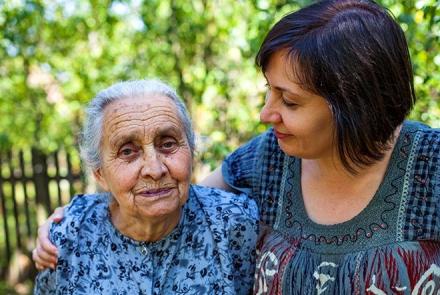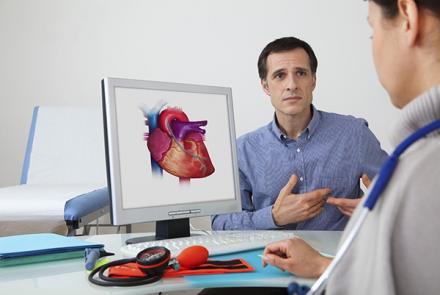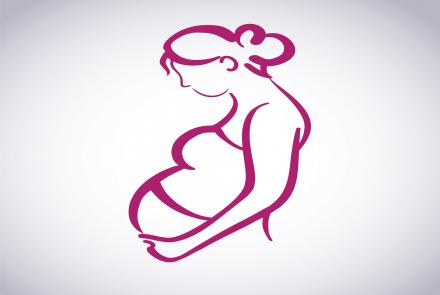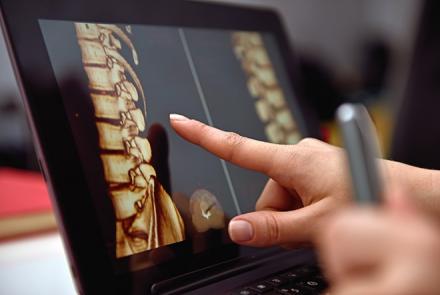Taking care of a person with Parkinson’s is tough and it progressively gets tougher as the condition progresses. Samiksha Sivan, Clinical Psychologist, PDMDS talks about caregiver burnout and how a caregiver can take of herself/himself.
“It is extremely tough to see my husband, who was such a lively person become so dull and expressionless. I help him with most of his everyday tasks now and he seems to realise somewhere that he is dependent on me and he hates it! I worry a…
Latest Stories
- The integration of psycho-oncology into cancer care has significantly helped alleviate emotional and psychological distress for both patients and caregivers. Savita Goswami, psycho-oncologist at Tata Memorial Hospital, discusses some of the psychotherapeutic intervention techniques used in paediatric cancer care. In recent years, there has been an increasing emphasis on psychosocial interventions in paediatric oncology care. What does it really entail? In the last two decades, great work has…
- Dr. Snehil Mishra, Consultant Cardiologist, Hinduja Healthcare, gives us an overview of aortic stenosis predominantly a disease of the elderly and how TAVI has revolutionised treatment of heart valve disease. Stenosis of the aortic valve is a common type of valvular heart disease in the elderly. What is aortic valve stenosis? Aortic stenosis is a disease of one of the 4 major valves in the heart- the aortic valve. If the valve does not open fully, it will obstruct or restrict the flow of blood…
- Mumbai-based psychotherapist H'vovi Bhagwagar explains panic attacks, signs and symptoms, triggers for panic attacks and tips on coping with panic attacks. “Courage is knowing what not to fear”-Plato. Imagine the 2 scenes. A fire fighter enters a building on a rescue mission, where a family is stuck on the 15th floor. The smoke is thick and penetrates his protective gear almost choking him. He thinks “I am going to die, what will happen to my family”. He moves into action, breathing in a manner…
- Dr Kanika Chaudhuri, practicing consultant Obstetrician and Gynaecologist, Singapore talks of the Risks of Gestational Diabetes and how to control diabetes before, during and after pregnancy As the age of childbirth goes up due to changing demographics, we are seeing more patients with pre-existing diabetes and the incidence of Gestational diabetes mellitus (diabetes developing in pregnant women) is also on the rise. Both these conditions need multi-disciplinary management to…
- Dr Jayaraman Hariram, Psychiatrist, Senior Consultant, Emergency Service & OCD Clinic, Singapore answers the frequently asked questions on OCD including treatment options and how to recognize if you need help. What is OCD? Obsessive Compulsive Disorder (OCD) is one of the common mental illness recently separated from anxiety disorder and placed within Obsessive Compulsive and Related Disorder. It affects people of all ages and walks of life, and occurs when a person gets caught in a…
- An informed and engaged cancer patient has better clinical outcomes and fewer side effects. Knowing the trajectory of the illness also helps the patient and their family plan for the treatment and other care related aspects. Dr. Shital Raval shares an exhaustive set of questions that you may need to ask your cancer specialist. A Cancer diagnosis can be quite alarming but by taking an active role in planning treatment and care, it can help alleviate the unwelcome stress and anxiety.…
- What is a Bone Scan? What do the results of the scan indicate? When do you need a Bone Scan? How often should you get a Bone Scan? We give you information that will help you discuss your options with your doctor. What is a Bone Scan A Bone scan is done to check the bone mineral density (BMD) so as to assess strength of the bones and probability of any fractures. The scan helps identify any mild (osteopenia) or serious bone loss (osteoporosis). The most common bone density test is the DEXA…
- Cervical cancer refers to cancer that originates in the cells lining the cervix, which is the organ connecting the uterus and the vagina. There are two main types of cervical cancers: The most common is squamous cell carcinoma, arising in the squamous (flattened) epithelial cells that line the cervix. The other is adenocarcinoma, which starts in the mucus-producing gland cells of the cervix. The human papilloma virus (HPV) infection is the leading cause of cervical cancer.…















